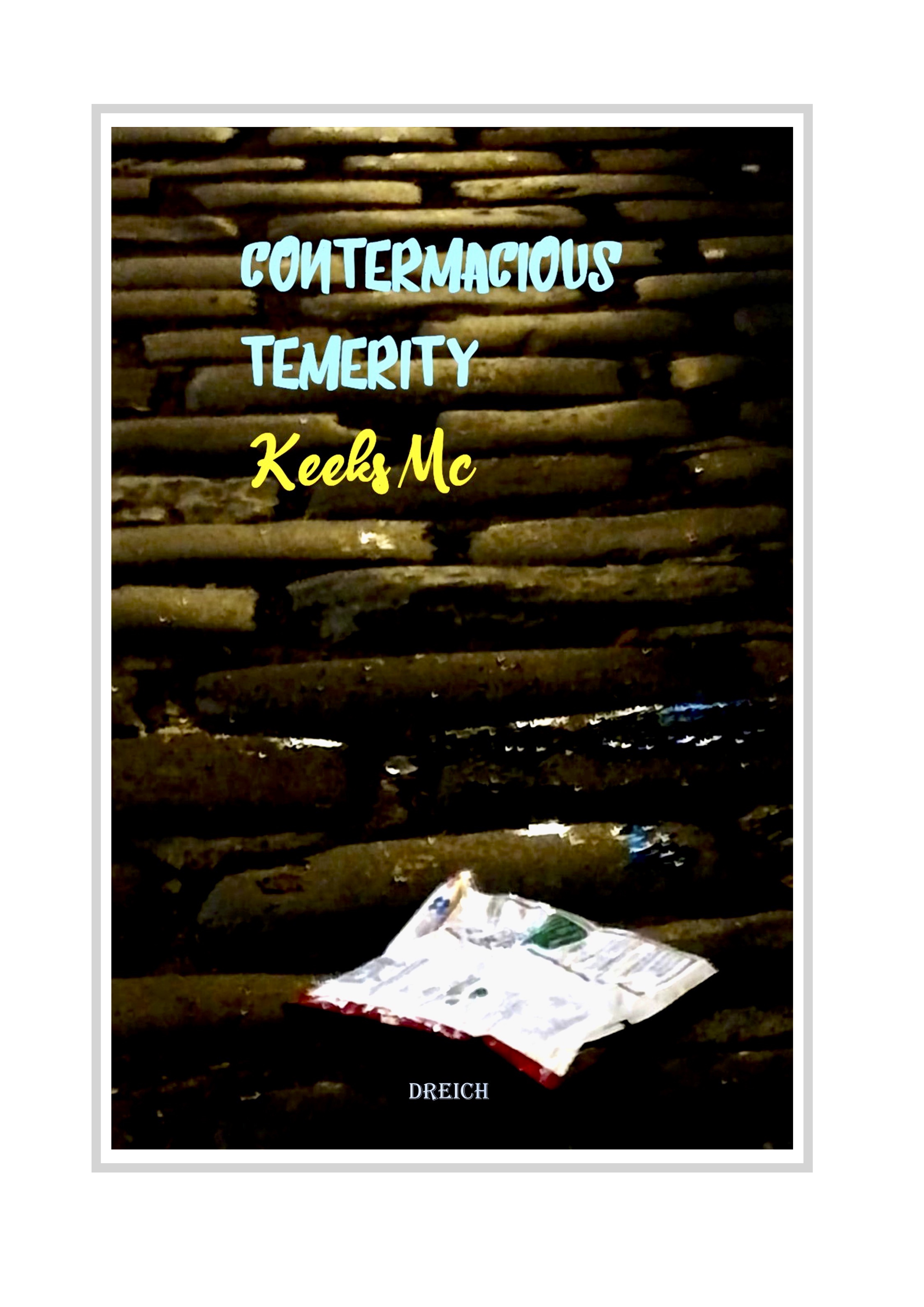The Royal Prince of the Lozi
Mbikusita and I work for the mines,
share an office at the end of the corridor:
isolated together.
He wears a formal three-piece suit
and a psychedelic kipper tie,
his hair a perfect stand-out sphere.
I am bedraggled in baggy beige linen,
damp hair piled up anyhow,
hoping the air will cool my neck.
We travel to the Rokana Copper Mine
and the Afrikaner boss assumes
he is a chauffeur and I am a PA.
All the way back to Kitwe town
I do outrage for both of us
but Mbikusita only looks amused.
*
I ask what surprised him most
about London. He sips his tea,
considers carefully and says,
I saw a white man drive a taxi.
*
I watch him through the office window,
catching locusts, tearing off wings,
cramming them into a brown paper bag.
All afternoon, they rustle on his desk.
I decide he must hate locusts
even more than snakes,
imagine a plague, a famine,
but no, turns out he likes them
deep fried with green bananas.
*
He tells me of the Kuomboka
– the Litunga leading his people upriver
to the palace at Limulunga,
the King’s state barge, the Nalikwanda,
painted black and white like a zebra,
with a huge replica black elephant.
As Royal Prince of the Lozi, he sits
draped in leopard skins, listens to maoma
as a hundred men row him to the highlands.
An ecstatic crowd welcomes them –
divine deliverance from the great flood:
a Noah come to the heart of Africa.
*
He talks of his childhood: servants,
foreign holidays, private boarding schools,
then years at Jackson State.
I describe poverty in Glasgow,
trams, gangs, swagger and daggers,
the day we launched the QE2 on the Clyde.
He is fascinated by tales of the cold:
fern-like patterns on morning-windows,
snowmen with carrot noses and red scarves.
*
I explain about the Union with England –
Burns’s poetry, the rogues in our nation,
how we were bought and sold for English gold.
He shows me a photo – his great grandfather
in top hat and frock coat,
all dressed up for the coronation of Edward VII.
The old man signed away the mining rights
of the entire Lozi nation
for two thousand pounds a year.
*
We read the Times of Zambia in English,
the official language. Mbikusita grieves
for the mouth-sounds of the Lozi.
I say my mother-tongue is dying too,
that I have only a few words of the Gaelic;
the essence of being a Gael.
Someone at work laughs at him
when he speaks of the Scottish language,
assumes he has a problem with my accent.
Mbikusita will never tell me the man’s name,
says he doesn’t want a stushie in the office.
He is biding his time until he runs the place.
Lozi – ethnic group in Zambia
Kuomboka – traditional ceremony
Litunga – king of the Lozi people
maoma – royal drums
October
So hot, they call it the suicide month.
He closes the shutters, leaves sweat marks
on polished floor, dark footprints.
As he speaks, the kitchen door blows open.
Banana leaves sweep the red dust.
Lightning cleaves my sky in two.
Words and thunder merge with rain;
a barrage of stones on corrugated iron.
Afterwards, the jacaranda is stripped of flowers.
Baobab
[also known as the upside-down-tree]
God’s hand plucks me from the earth,
rams my brittle branches
into dust, leaves my shallow roots,
to dry in sun. I almost surrender
but I grip the soil, do not fall,
wait for rain, suck up
enough water to fill a deep dambo,
into the hollow barrel of my soul.
My roots burst into bud and flower.
I fill my gourds with goodness until
they taste of vanilla-grapefruit,
sherbet-pear and I feed the people.
dambo – seasonal wetland
If you wish to read the poems in page view, the following link will take you to a PDF – Eveline Pye Poems
All works published by the Glasgow Review of Books are licensed under a Creative Commons Attribution-NonCommerical-NoDerivs 3.0 Unported License and the journal reserves the right to be named as place of first publication in any citation. Copyright remains with the poet. http://www.glasgowreviewofbooks.com




Leave a Reply